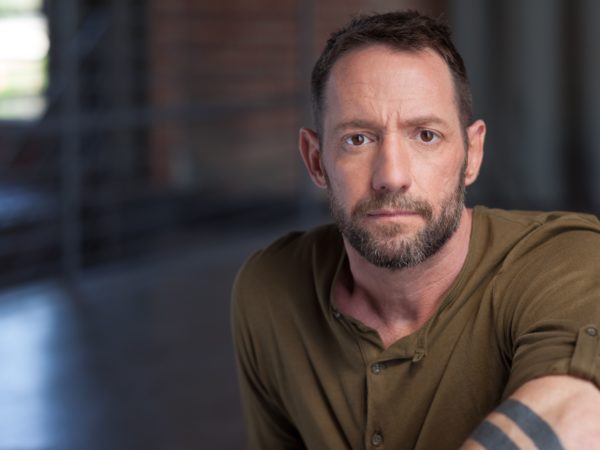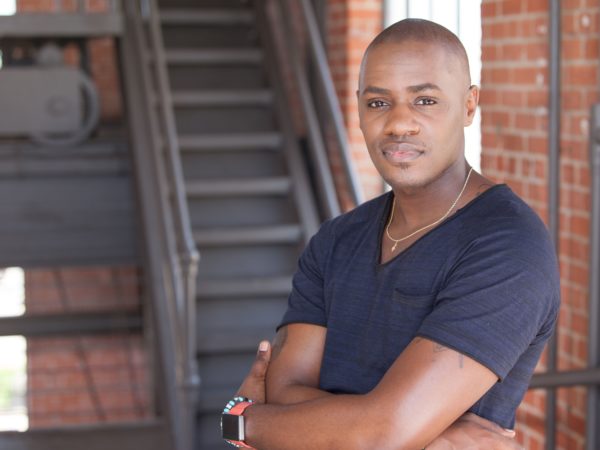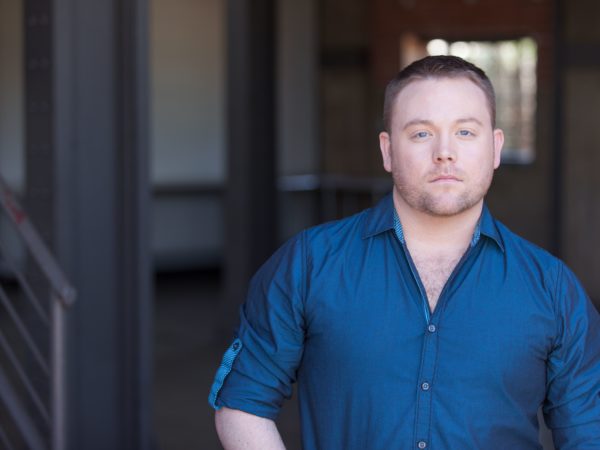– The way I see it is, the community all rallies together around a large event like an AIDS walk or a testing event. Everybody’s, you know, know your status, get tested. But then what happens? Everybody goes back to what they’re doing behind closed doors.
– And when you look at the ratio of how HIV’s actually rising, you can tell that it’s not being talked about. It’s not really bother to them or a statistic to them until they actually get infected with it. Then they’ll come back and say, oh I should’ve listened, I should have learned.
– For a lot of people that I’ve talked to, when they go to an AIDS walk, in the back of their mind they’re not thinking about people that look like us. It’s to benefit those people, who are not me.
– You get the news that one of your friends or something has contracted it. And then it brings that fear back up in you and you try to talk about it, but it’s something that just for some reason, quickly fades.
– I think that we’re like, on these poles of the HIV conversation. One end it’s I see HIV everywhere and I know it’s out there but I don’t care. And another end is, it’s over there and it’s those people, and it has nothing to do with me.
– Right.
– When really, we’re all kind of somewhere in the middle, right?
– I think the gay community definitely has a responsibility to talk about HIV. I mean we’re the ones that are mostly affected by it. So we’ve got to start the conversations here. (light instrumental music)
– Stigma is definitely alive and well. I was part of the problem. I was the guy who didn’t wanna date anybody who was positive. I thought they were sick and I thought they were all the hurtful words that we use to describe a community of people.
– I really believe that stigma’s still around.
– I feel like there obviously is some kind of separation or segregation because you do feel, at least I did personally, felt like an outsider. I felt separated from the community when I got my diagnosis.
– It’s the not us concept of HIV. It is them over there.
– I feel like I’ve heard comments before from people that I’ve been very surprised. I was with a group of friends and someone said, oh that guy’s cute. And they’re like, you don’t wanna get with him. Why, why not? Well because he’s positive.
– It’s like there’s this unspoken hierarchy that you know, negative people feel as though they are better than positive people. And no one will ever actually come out and say it outright, but it’s in the back of everyone’s mind and that’s where I feel as though a lot of the stigma feeds from. Is you know, same thing as clean, dirty.
– It’s like the words themselves are the stigma.
– Right, right.
– They don’t just say you’re positive anymore, they may say you have the plague.
– Or you have AIDS.
– I’ve heard it called that before, yeah. And I think people don’t even realize the terms that they use sometimes really add to the stigma. Like, oh I’m clean. Okay, so you’re negative, you’re clean. Because I’m positive, that makes me dirty? You know? I don’t feel dirty.
– In my Adam4Adam days, there was this dude, he had DDF, PNP and enjoys poppers. Like how does all that go together? (laughs) – DDF is drug and disease free. And I’ve said it before. I didn’t see how it added to the stigma. And how it did create a separation between people who are HIV positive and people who are HIV negative. That was never my intention. I just was not aware. I was miseducated.
– And it’s more than just DDF. It’s PNP for party and play, and BB for bareback and I mean, they throw these acronyms out there that are just feed to the stereotype though. Enhances the stigma. You know, and the way a lot of people use them, they’re not using them properly. You know, okay, I’m drug disease free, but when’s the last time you got tested?
– Terms like DDF, clean, dirty, it affects you more than you really realize. You see it so often.
– [Man] And you’re like, oh my God, that’s not me.
– As a negative person, what frustrates me is that I feel that a lot of other negative people use their status as a weapon. Like you know when people post negative as of dates on their Jack profiles and then they want you to be clean as well. It’s along the same lines as the DDF. I wonder how that comes across for you, as someone who is HIV positive.
In chapter three (of three), seven guys talk about the role community plays in ending HIV. HIV isn’t an individual disease, it’s a community disease. The group discusses how labels and misinformation fuel the stigma and how we can empower one another to take actions to end HIV.


